 Instructor
Instructor

Christopher Pembrook
 Oklahoma City, OK
Oklahoma City, OK
Accounting
Christopher Pembrook, MBA, CGAP, CPA, CRFAC is a Shareholder at Crawford & Associates, P.C., in Oklahoma City. Prior to joining the firm, he served as the Chief Financial Officer of the Oklahoma Police Pension & Retirement System
and the Deputy Director of the Local Government & Special Services Division of the Oklahoma State Auditor & Inspector’s Office. He is currently serving as a committee member of the AICPA State and Local Government Expert Panel and
the Oklahoma Society of CPA’s Government Accounting & Auditing Committee. He also was selected to serve on the joint COSO-ACFE Task Force for the development of the group’s Fraud Risk Management Guide. Christopher has a degree in accounting from East Central University and an MBA from Oklahoma Christian University.
 Past Courses
Past Courses
9:00 a.m. to 5:00 p.m.
CNMI (GMT+10)
Guam
A new GASB accounting standard has recently became effective that alters the historical landscape of how lease accounting has always been performed. GASB 87 not only does away with the methodology of previous accounting for leases, but also introduces new concepts for what a lease is, and even more importantly what is not a lease, and also provides new guidance on how to determine the true “term” of a lease for accounting and financial reporting purposes.
1:00 p.m. to 5:00 p.m.
CNMI (GMT+10)
CNMI
A new GASB accounting standard has recently became effective that alters the historical landscape of how lease accounting has always been performed. GASB 87 not only does away with the methodology of previous accounting for leases, but also introduces new concepts for what a lease is, and even more importantly what is not a lease, and also provides new guidance on how to determine the true “term” of a lease for accounting and financial reporting purposes.
8:00 a.m. to 12:00 p.m.
Marshall Islands (GMT+12)
Marshall Islands
From electronic workpapers and innovative writing and report formats, auditors are using new techniques and processes throughout the audit cycle. This session will consider, in workshop format, new techniques and processes in audit tools ranging from workpapers to graphics and from report design to clear writing. Bring your best practices, ideas, and questions for this interactive workshop on techniques to streamline the audit process from design to fieldwork to reporting.
8:00 a.m. to 5:00 p.m.
Marshall Islands (GMT+12)
Marshall Islands
This session will take a detailed look into more recent GASB standards that have been issued and become applicable, including GASB 87 on Leases, GASB 96 related to Subscription-Based Information Technology Arrangements (SBITA), Statement 94 on Public-Private or Public-Public Partnerships (P3s), and many more. In addition, this session will take a look at the future of standard-setting and where the GASB may be going next.
1:00 p.m. to 6:00 p.m.
Hawaii (GMT-10)
Other
Wow, what a year. Even before the COVID-19 pandemic, GASB’s standard-setting activity had actually slowed to a more manageable level in 2020 after several very busy years. However, that slower pace is set to pick up again with the implementation of many of the standards whose effective dates were initially postponed by GASB 95. In this session, we will talk about fiduciary activity accounting and the new financial reporting requirements related to leases, along with several other pending GASB statements. In addition, several newer projects are closer to completion, with newer standards immanent. We will also address the “big 3” project, which includes a proposed new financial reporting model. Whoop! Whoop! Who’s ready for the GASB Update!?!
8:00 a.m. to 5:00 p.m.
Marshall Islands (GMT+12)
Marshall Islands
This session will discuss the various types of audits that are currently performed, why each type of audit has a specific purpose, the various standards that apply to audits, the various reporting requirements, and some basic auditing techniques related to various transactions classes, account balances, disclosures and other events
9:00 a.m. to 1:00 p.m.
US Virgin Islands (GMT-4)
US Virgin Islands
Several new GASB accounting standards have recently became effective that alter the historical landscape of how lease accounting has always been performed (GASBs 87 and 96). In addition, a new GASB accounting standard has also been issued related to the accounting and financial reporting of public-private and public-public partnerships (GASB 94). GASB 87 not only does away with the methodology of previous accounting for leases, but also introduces new concepts for what a lease is, and even more importantly what is not a lease, and also provides new guidance on how to determine the true “term” of a lease for accounting and financial reporting purposes.
 Other Instructors
Other Instructors

Robert Adachi
Oakland, California

Bernard Adiniwin
Republic of Marshall Islands
.png)
David Apatang
Saipan, CNMI

Michael Barsabal
Philippines
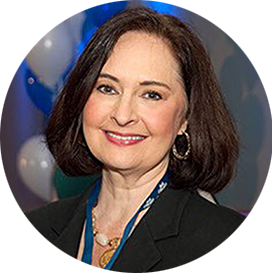
Margie P. Bastolla
Orlando, FL
David Bean
Springfield, Illinois

Katelyn Bell
Denver, CO

Jeffrey Berlin
Hawaii

Michael Binder
Washington, District of Columbia

Michael Bingham
Washington DC
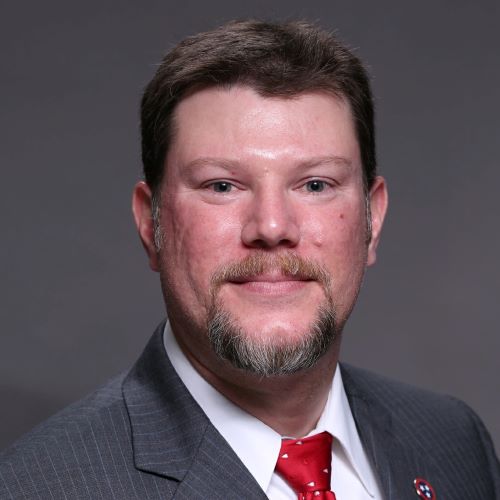
Gerry Boaz, CPA, CGFM, CGMA
Tennessee

Scott Cahoon
Guam
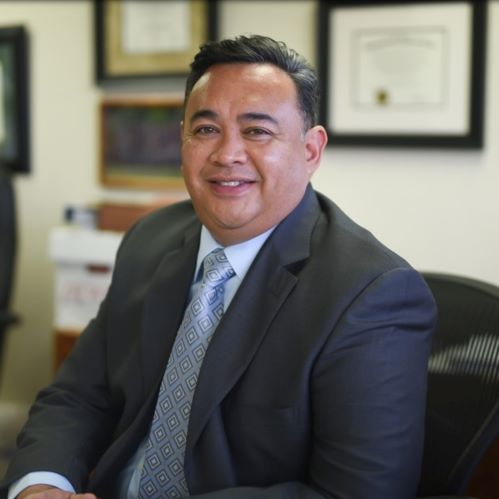
Vince Camacho, Esq.
Guam

Clarissa Corbin, PMP
Williamsburg, Virginia

Frank Crawford
Oklahoma City, Oklahoma
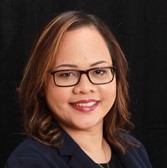
Doreen Crisostomo, Ph.D., CGFM, CFE, CICA
Guam

Benjamin Cruz, JD
Guam

Angel A. Demapan
Saipan, CNMI

Steve Determan
Lakewood, CO

Vince Duenas
Guam
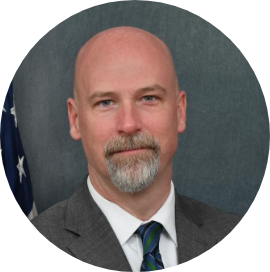
Matt Elliott
Washington, DC
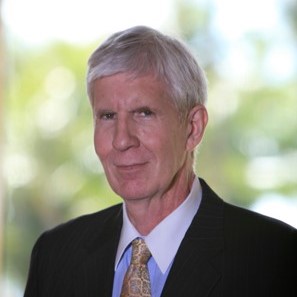
Daniel Fitzgerald, CPA
Guam

Emil Friberg
Washington, DC

Mark Funkhouser
West Virginia

Glenn Furuya
Honolulu, Hawaii
3.png)
Mark Lee Greenblatt
Washington, D.C.
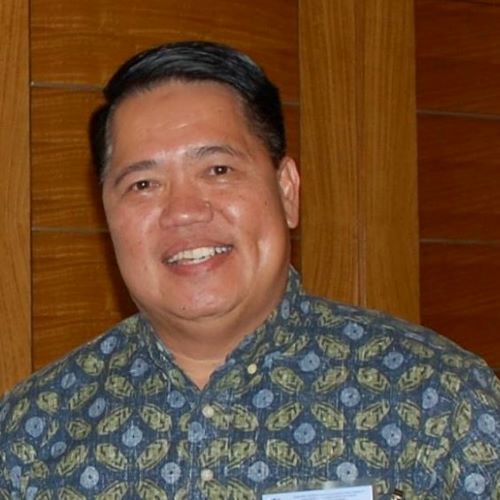
Jose Guevara, III, CGFM, PMP, MBA
Guam

Manny Hechanova
Guam
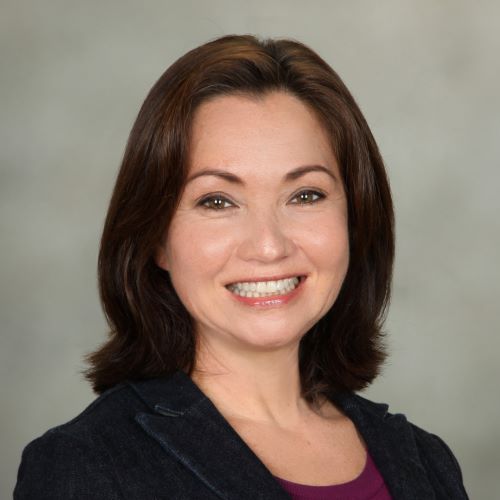
Yuka Hechanova, CPA, CIA, CGFM, CGAP, CGMA
Guam

Jerrick Hernandez, MA, CGAP, CICA
Guam

Artemio "Ricky" Hernandez, Ph.D., CGFM
Guam

Michael E. Horowitz
Washington DC

David House
Denver, Colorado
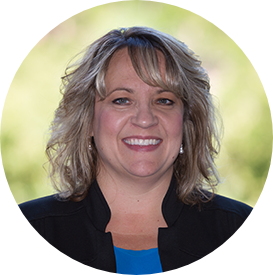
Kerri Hunter
Denver, CO

William Hunter
Saipan, CNMI

Le'Angela Ingram
Baltimore, MD

Nick Johnston
Auckland, NZ

Kino Kabua
Republic of Marshall Islands

Drummond Kahn
Portland, Oregon
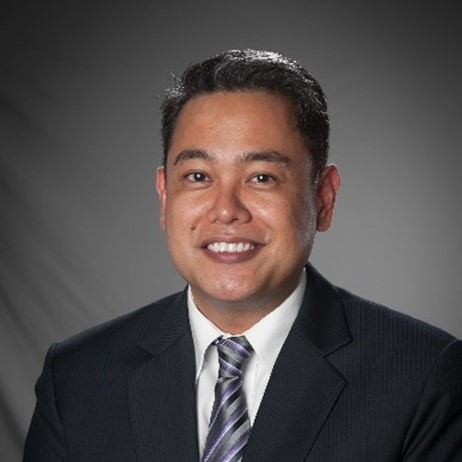
Jason Katigbak, CPA, CIA, CFE, CGMA
Guam
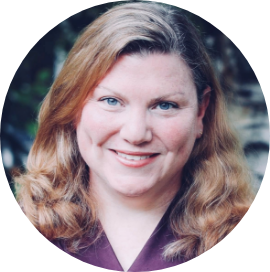
Karden Kelly
Anchorage, AK

Muhammad Khalid
Punjab

Les Kondo
Honolulu, HI
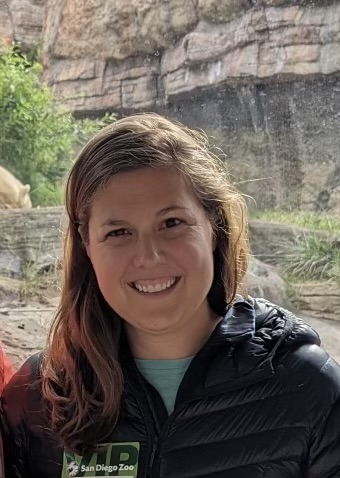
Katharine Kovacek
Denver, Colorado

Dan Kowalski
Ogden, NJ
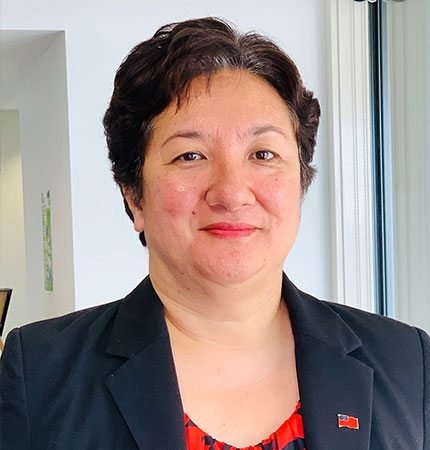
Esther Lameko-Poutoa
Auckland, New Zealand

Robert Lavigna
Madison, Wisconsin

Amin Leiman, PMP, CPC, SDC, SMC, CISA, ,MSBA, MBA
Los Angeles, California
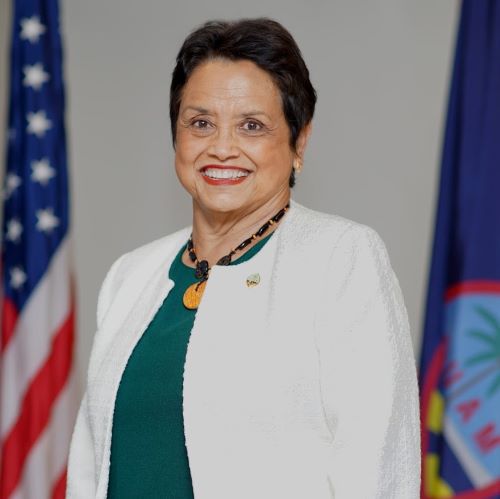
Lourdes A. Leon Guerrero
Guam
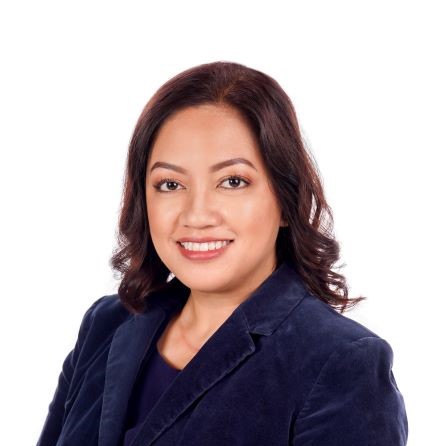
Daphne Leon Guerrero, SHRM-SCP, CAPM
Guam

Stefani S. Levesque
Denver, CO

Sarah Markley
Auckland, NZ

Kip R. Memmott
Salem, OR

Anna Mendiola
FSM National
-modified1.png)
Debbie Milks
Lawrence, Kansas
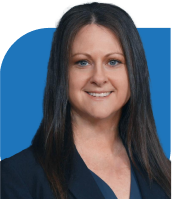
Nicki Miller
Washington, DC

Jason Mitchell
Pago Pago, AS

Billy Morehead, Ph.D., CPA, CGFM
Madison, MS

Mark Morgan, Ph.D., CPA, CFE
Madison, MS
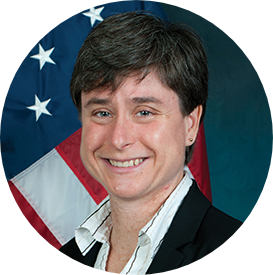
Susan Murphy
Boston, MA
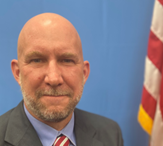
Eric S. O'Malley
Saipan, CNMI

Mary Okada, Ed.D.
Guam
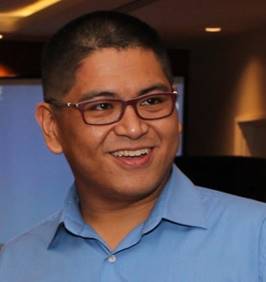
Rizalito "RG" Paglingayen, CPA
Guam

Arnold Palacios
Saipan, CNMI

Pilar Pangelinan
Guam

Junior Patrick
Republic of Marshall Islands

Maripaz Perez, CGFM, CGAP, CICA, CIA, CFE
Guam

Lillian Perez-Posadas, MN, RN
Guam

Skip Polson
Durham, NC
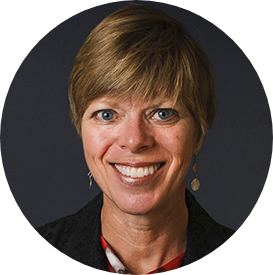
Dianne Ray
Denver, CO
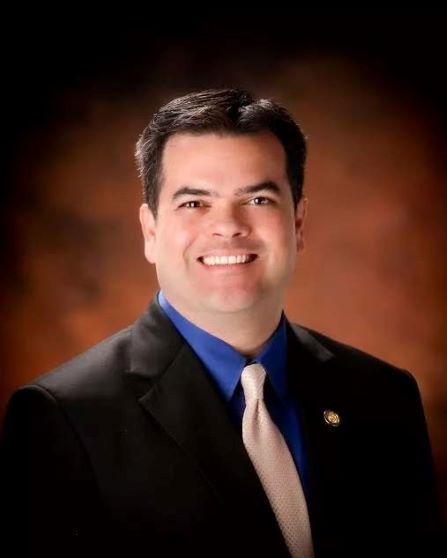
Rory J. Respicio
Guam

John J. Rivera, Ph.D., AIF, CFE, CM, SHRM-SCP
Guam

Martin Ruben
Charlottetown, PEI

David Rykken
Washington, DC
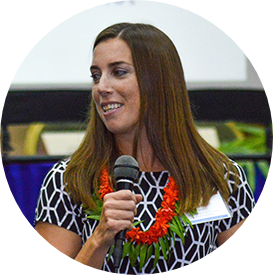
Beth Schubert
Denver, Colorado
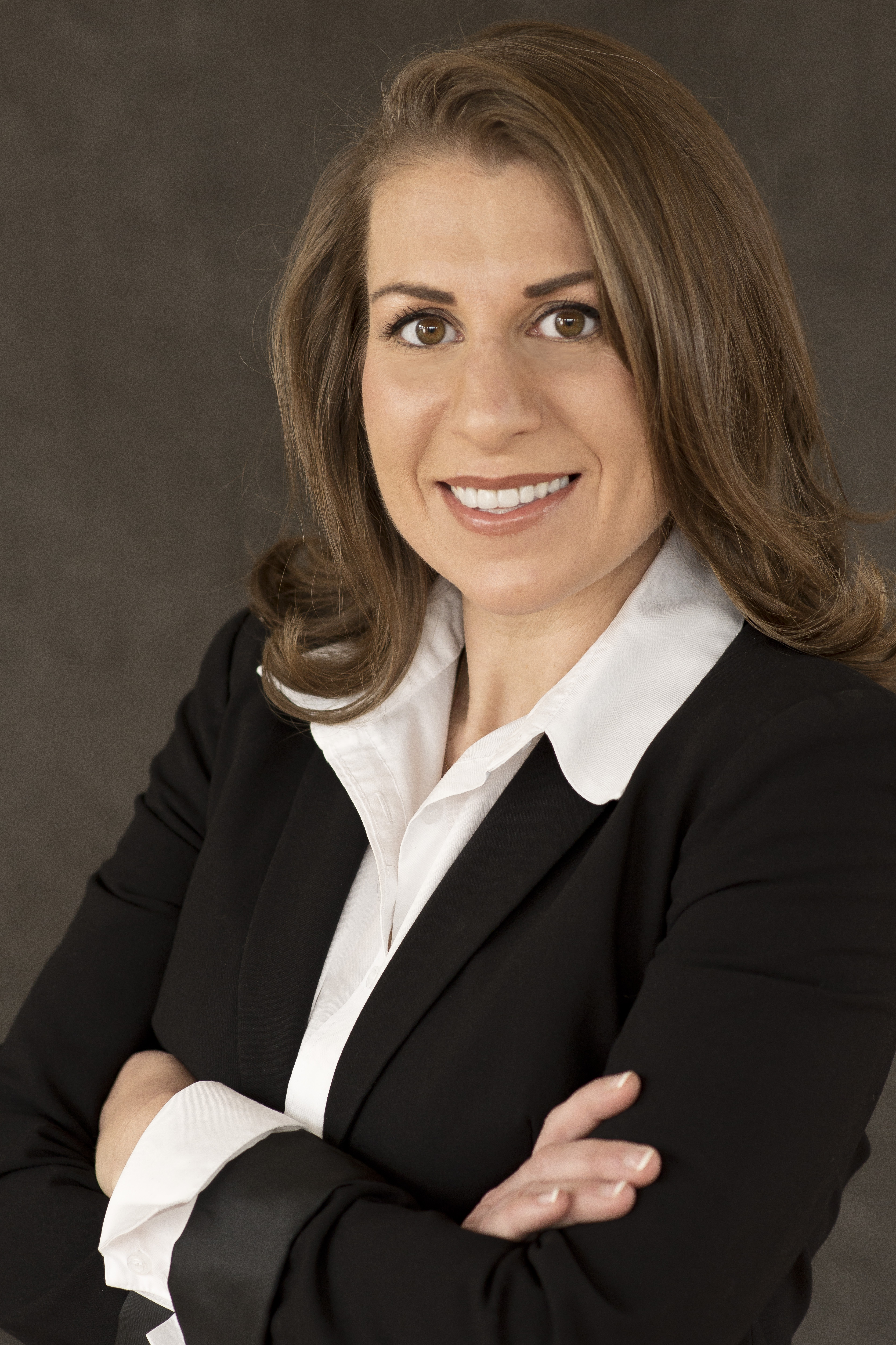
Kathleen Sedney
Washington DC

Seitu Stephens
Philadelphia

Mark Sturton
United Kingdom

Pending Traveler
NY

Terry VanEaton
American Samoa
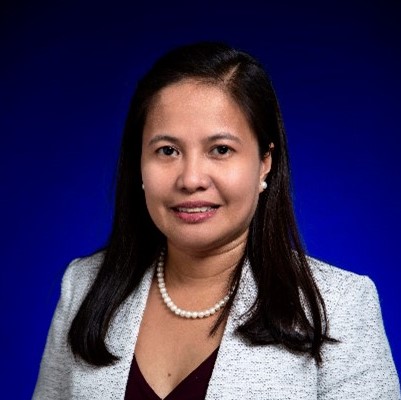
Josephine Villanueva, CPA, CGMA, CGFM, CSAF, SHRM-CP, PMP
Guam

Mizpah Wiegand, CPA
Guam

 +1.808.523.1650
+1.808.523.1650








 10 October 2025
10 October 2025  Monique
Monique  September 12 - 15, 2022
September 12 - 15, 2022 CPEs - 12 Credit Hours
CPEs - 12 Credit Hours Photo Gallery
Photo Gallery
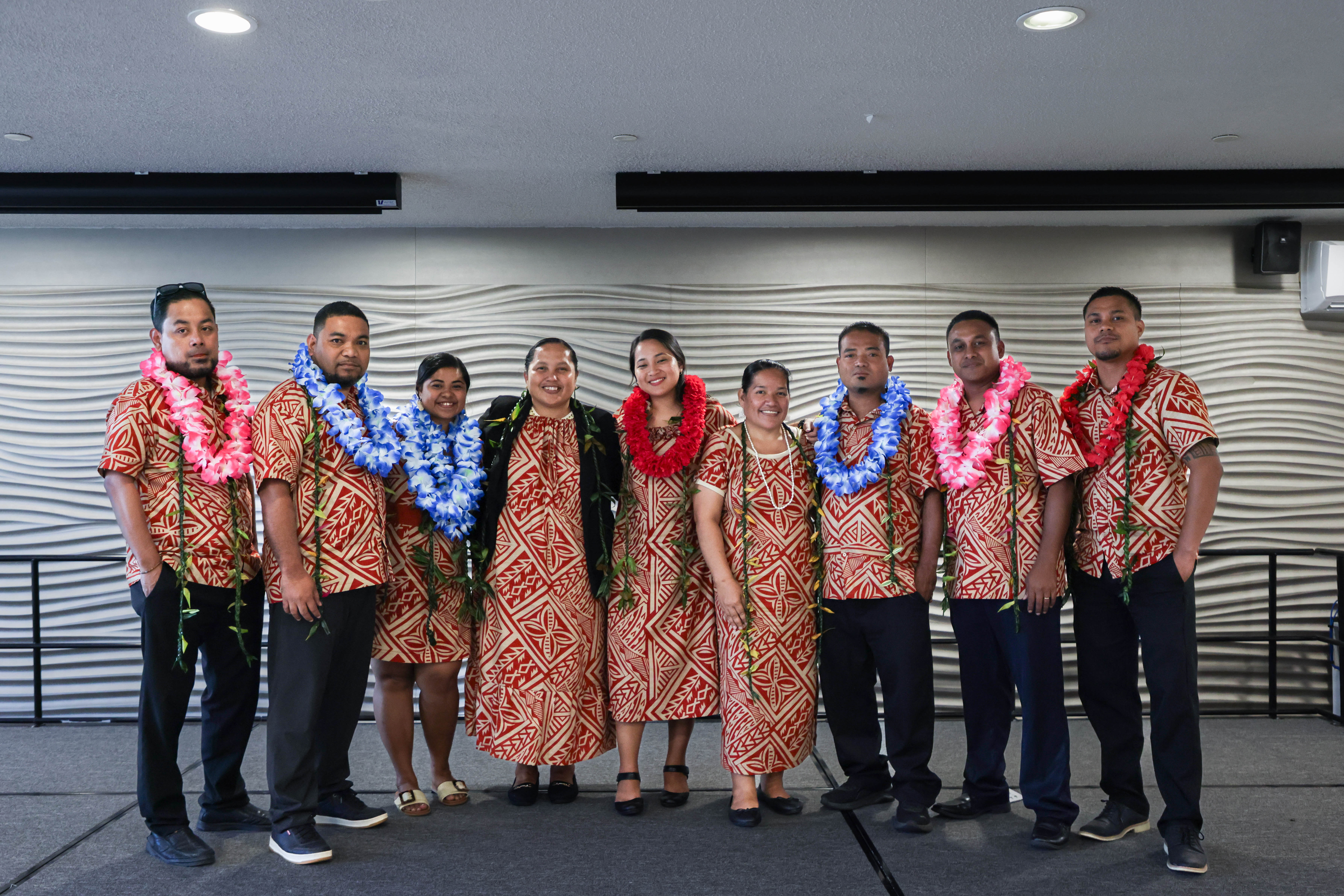

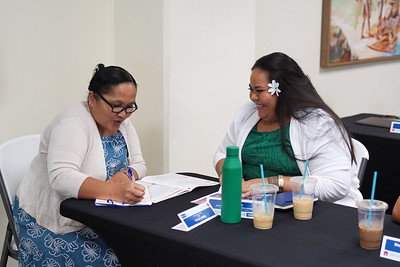
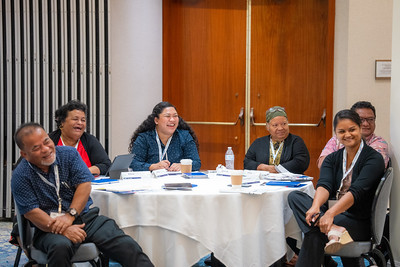
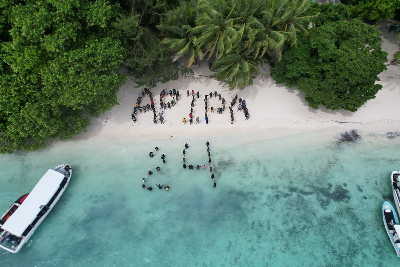
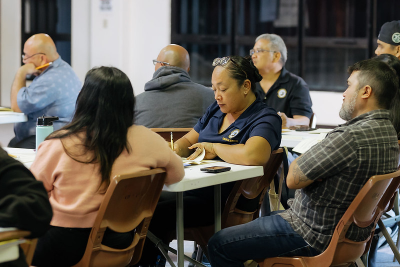
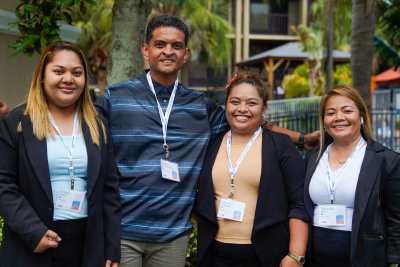
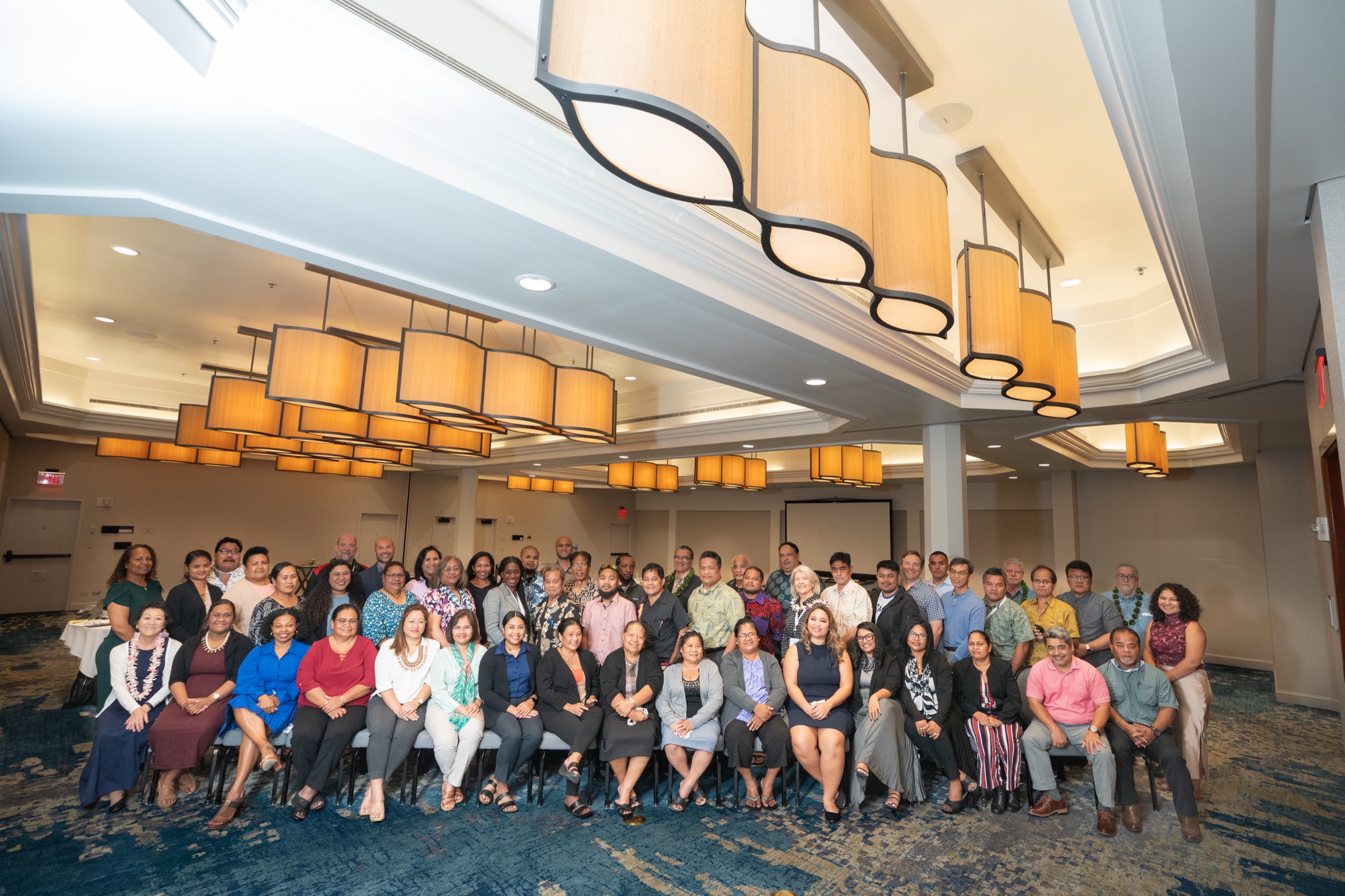


 COMPLETE GALLERY
COMPLETE GALLERY HOME
HOME NEWSROOM
NEWSROOM INITIATIVES
INITIATIVES CONFERENCES
CONFERENCES TRAINING
TRAINING ABOUT PITI-VITI
ABOUT PITI-VITI CONTACT
CONTACT ACCESSIBILITY
ACCESSIBILITY




 +1.808.523.1650
+1.808.523.1650

 900 Fort Street Mall, Suite 1540
900 Fort Street Mall, Suite 1540 
 Reset Password
Reset Password
 Chat
Chat
 Email
Email


 ACKNOWLEDGE
ACKNOWLEDGE READ FULL WAIVER
READ FULL WAIVER